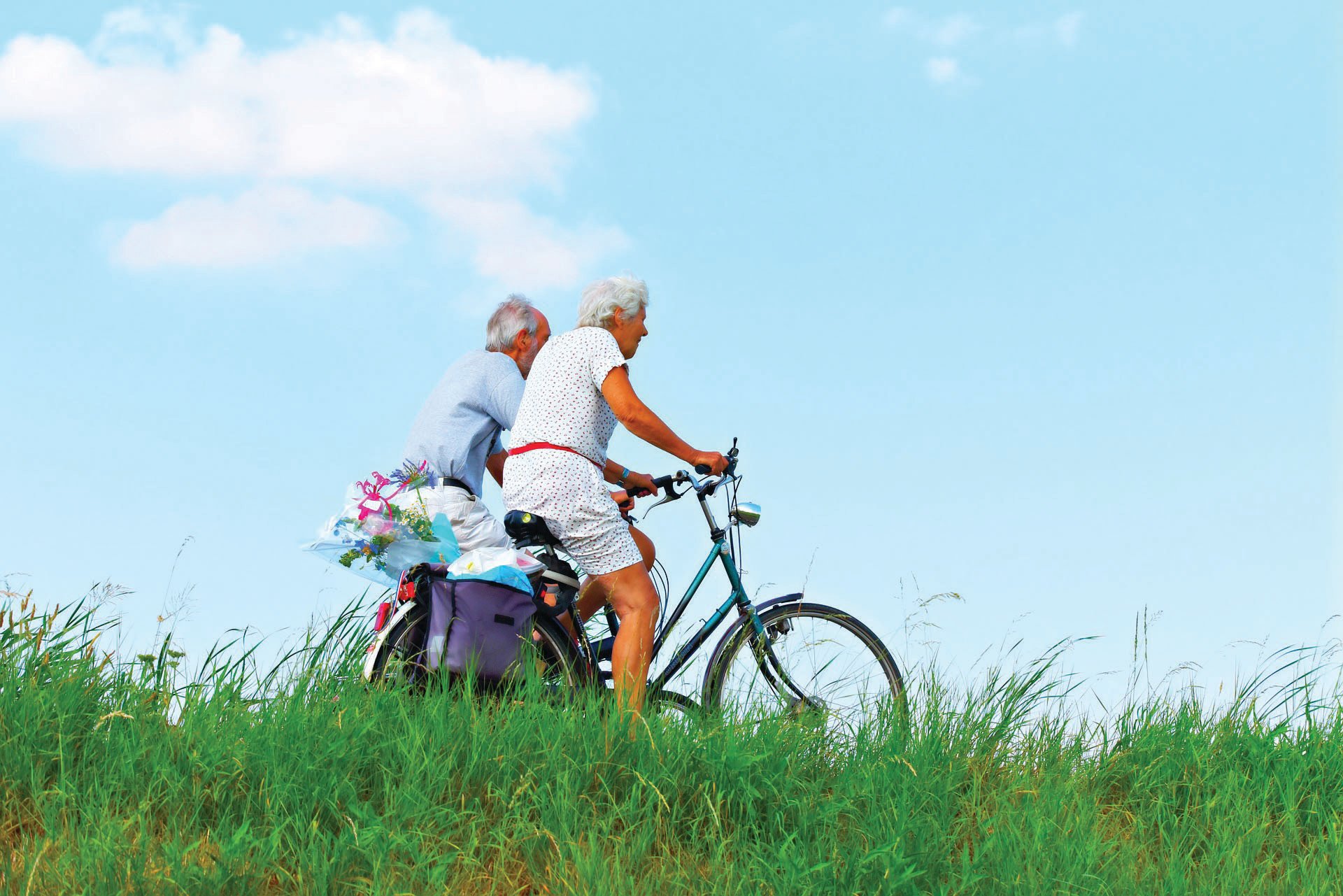YMCA's Missy Corrigan: There is more to focus on than skin when aging
The anti-aging market is estimated to be worth approximately $60 billion, with the expectation of tremendous growth in the years to come. Wearing sunscreen regularly, consuming a healthy diet and not smoking are three factors that can support aging gracefully with younger-looking skin. With a significant focus on the skin, what about the rest of the aging body?
Aching bones, limited mobility and muscle weakness are also a part of aging that deserves equal, if not more, attention. Although exercise has the ability to impact every tissue and cell in the body, it has often been overlooked as a prescription for better health, including the skin. In fact, exercise has been shown to support the production of collagen, which keeps skin firm and elastic.
Research suggests that traditional exercise may be the most effective anti-aging remedy over pills, injections and other treatments. There is no pill, injection or treatment that can build muscle, improve cardiovascular endurance or strengthen bones without requiring effort through physical activity. Exercise has the ability to impact every cell and tissue in the body, influencing hormones, metabolism, immune system, digestive system, cardiovascular health, as well as mental and physical health.
Studies show that exercise may slow down or even reverse the signs of aging. While more studies are needed to explain exactly how exercise spreads through all pathways of the body, research does show that exercise stresses the body in a good way.
Exercise increases blood flow, delivering oxygen and nutrients throughout the body, helps maintain flexibility and range of motion, strengthens muscles and bones, boosts metabolism and stimulates the immune system. It improves cognition, stimulates the digestive system, promotes the release of growth hormones to support bones and muscles, increases testosterone levels, boosts insulin sensitivity, regulates blood pressure, improves mobility and enhances mood.
A lack of exercise, not just aging itself, leads to weak muscles that can speed up the aging process. Without adequate muscles, the body cannot store the amino acids needed for cells and hormones. Healthy muscles also store glucose, so when muscle mass decreases, it's more difficult for the body to move and store sugar after a meal.
The American College of Sports Medicine recommends 30 minutes of exercise, five days a week. With more than 600 muscles in the body, it's understandable that muscles play a significant role in health in so many ways. Research printed in the Clinical Interventions in Aging suggests that physical exercise is the best means for slowing the consequences of aging. Regardless of age, gender, health or physical condition, exercise can improve health and well-being at any stage of life.
Missy Corrigan is executive of community health for Sumter Family YMCA. She can be reached at mcorrigan@ymcasumter.org or (803) 773-1404.
More Articles to Read

